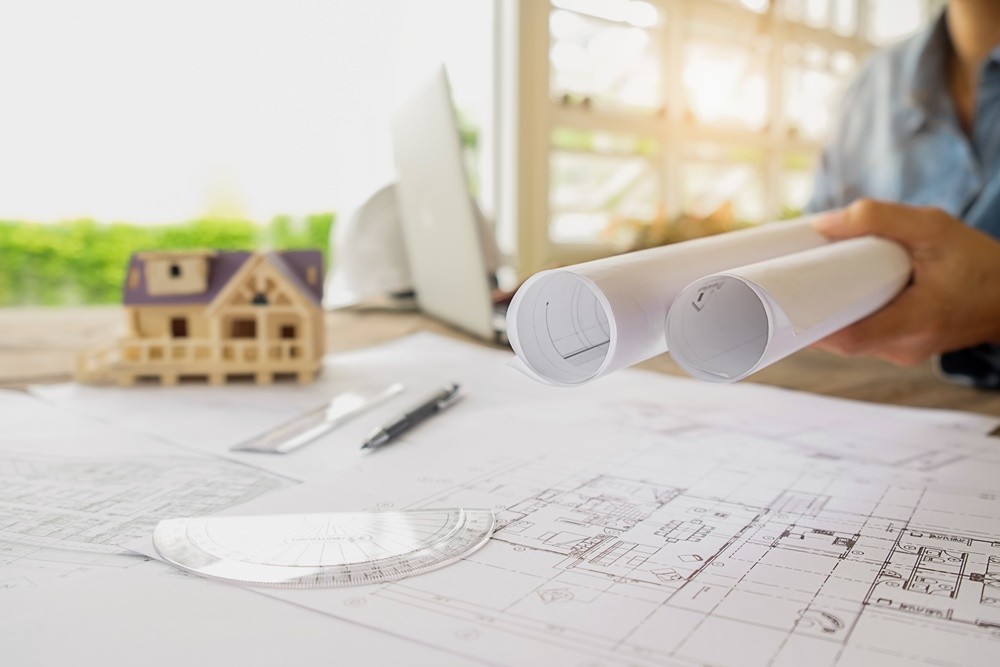Building iconic things requires the use of project management skills. The homes in which you live, the offices in which you go all are results of architectural project management. There are some obvious differences between the other types of project management and architectural project management. Architectural project management requires a fully qualified manager who completely knows the dos and doesn’t of management. Architectural consultancy is demanding work and requires efficiency. Let’s have a look into what architectural project management is?
WHAT IS ARCHITECTURAL PROJECT MANAGEMENT?
The idea of project management is to plan, organize, and lead the teamwork with specific strategies to make it easier for the work to be done. Thus, with architectural project management, we may refer to it as the developing of designs, making strategies, and managing the process of construction.
When we aim to start a project, it is important to plan every step of it to make it work. However, if we do not take architectural consultancy or work without a plan we cannot be successful. We should just trust the process. Big things take time. The goal of project management is to achieve the best outcomes in a certain budget and span. It includes the process from scratch to the end
Architects face a variety of challenges in managing architectural projects, including budgeting, planning, purchasing, and risk evaluation.
STEPS INVOLVED IN ARCHITECTURAL PROJECT MANAGEMENT
PLANNING
The initial phase of architectural project management is planning. Project Managers prepare all the plans and layouts for the project during this stage. They will Prepare overviews, Gather data, Identify a budget, estimate, and scope, Identify goals and objectives, and Allocate a site.
DESIGN
The second stage is designing and it is the base of the rest of the stages. The design phase involves developing more detailed plans. So, appointments are made, consultations are held, and blueprints are created. It may be necessary for the project manager to consult with all stakeholders about possible outcomes as well as goals.
PROCUREMENT
Moreover, once all the designs have been finalized and bid documents have been prepared, a project manager will gather all the necessary resources, including a contractor. To accomplish this, it is often necessary to attend meetings and negotiate with subcontractors. At the same time, the site needs to be investigated at this stage.
The following safety issues must be addressed:
- Concerns about the environment:
- accessibility
- materials storage
- A suitable site for the project.
CONSTRUCTION
It is now possible to begin the construction process. During this phase, the project manager coordinates everyone involved. When a project reaches the construction phase, the management will oversee that the client’s specifications are being met.
As the project manager, you are responsible for arranging the delivery of all relevant permits to the job site as well as directing the delivery of materials.
Before the project is concluded, the team will review the construction work to ensure that all requirements have been met and then enter a warranty period to address any issues that may arise in the future.
HOW A PROJECT MANAGER WORKS?
An architectural project manager works to look over the process of project planning and its completion. However, they may look for architectural consultancy to design the best and reliable projects.
A project manager creates plans, drafts, and designs that meet client needs while adhering to the relevant codes while doing architectural project management.
It is the responsibility of a project manager to build the construction strategies with the help of his team members.
PROJECT MANAGER SKILLS
A good architectural project manager must have these skills:
- Project management: without project management skills, one will not be able to design or conclude the projects. Therefore, in an architectural project management position, it is vital to have both organizational and logistic skills.
- Designing experience: Project management requires the skill to design the outline of the project one has to work on. Without knowing a thing about designing, a project cannot be carried out.
- Architectural knowledge: an architect has skills that require them to be familiar with the technical aspects of a project and to approve or correct them as necessary.
- Problem-solving skills: A project manager must possess problem-solving skills. They should be able to recognize and analyze a problem and come up with possible solutions that will have a positive impact or reduce the negative impact of the problem. As a result, they apply critical thinking and analysis and make decisions based on their analyses and analysis.
- Computer-aided design: Not familiar with computer-aided designing software? You cannot work as a project manager at all if you do not even know the basic step of managing a project.
ARCHITECTURAL CONSULTANCY: Where to find it?
You may need architectural consultancy to carry out the process of architectural project management. However, architectural consultants are independent contractors who manage their independent architectural firms. State facilities are designed, constructed, enhanced, modified, and rebuilt with professional outlining, design, architecture management, and financial services provided by these experts. In addition, you can contact numerous architectural consultancy firms for your architectural project management.


